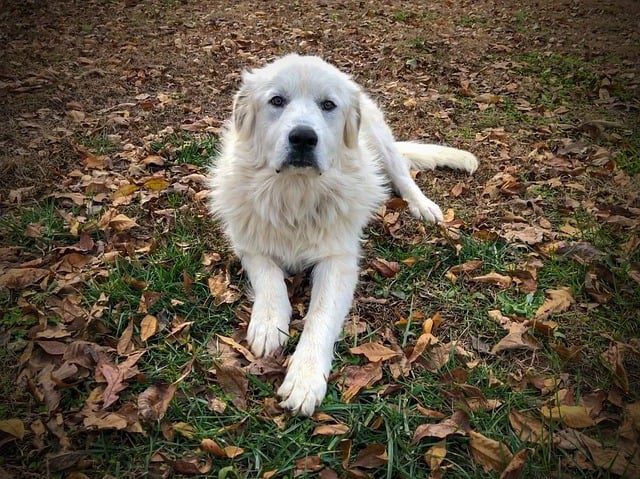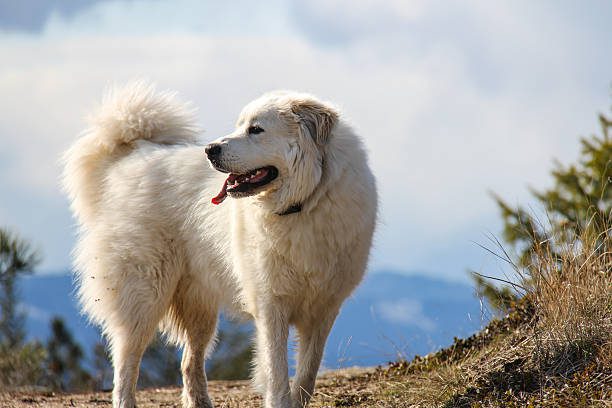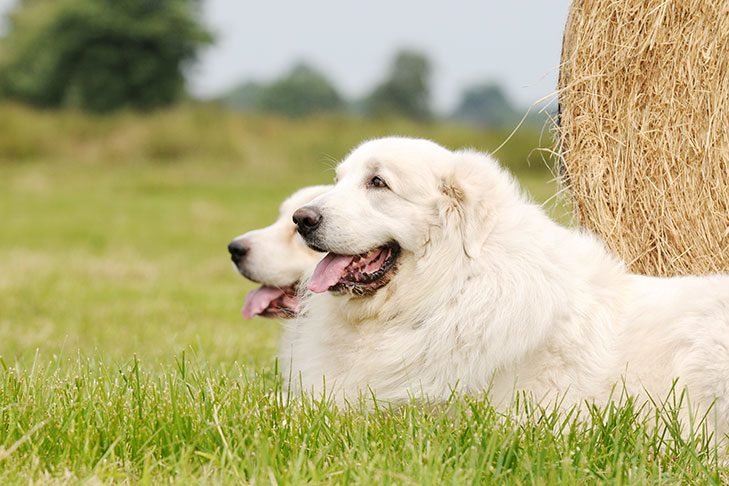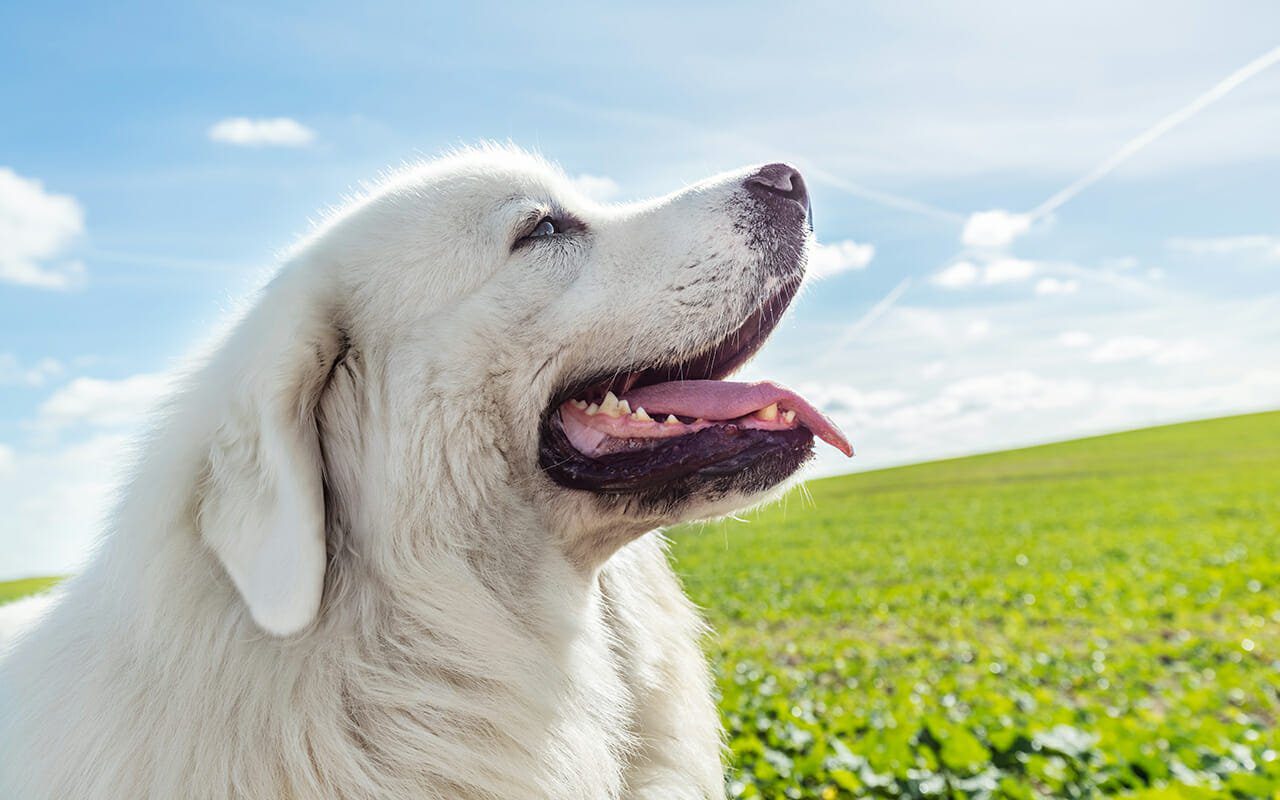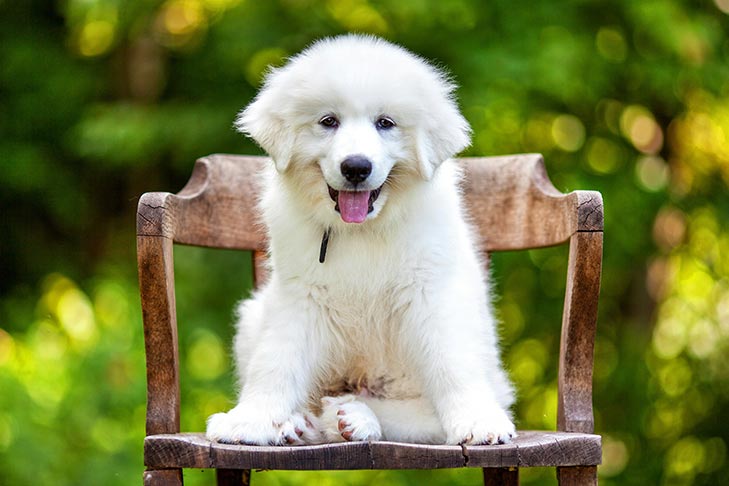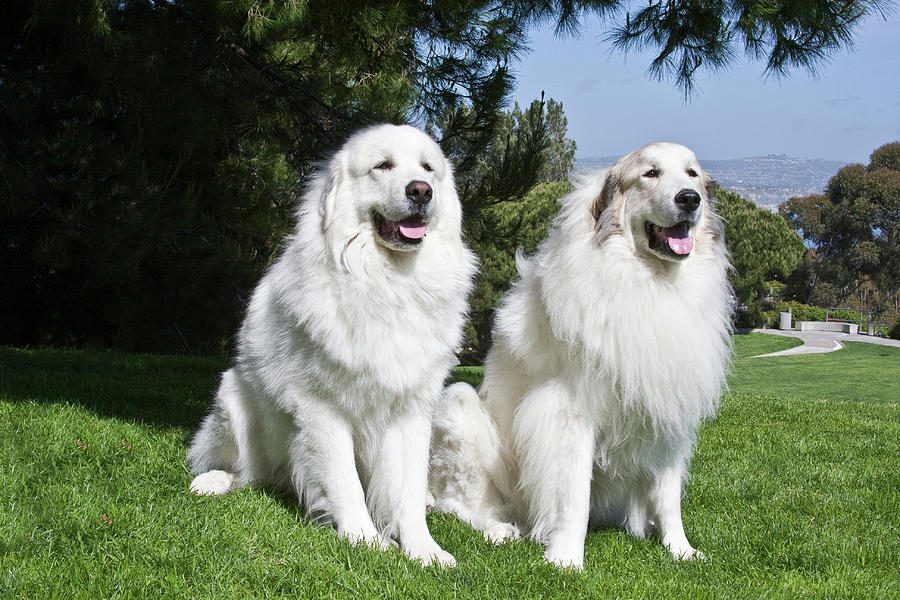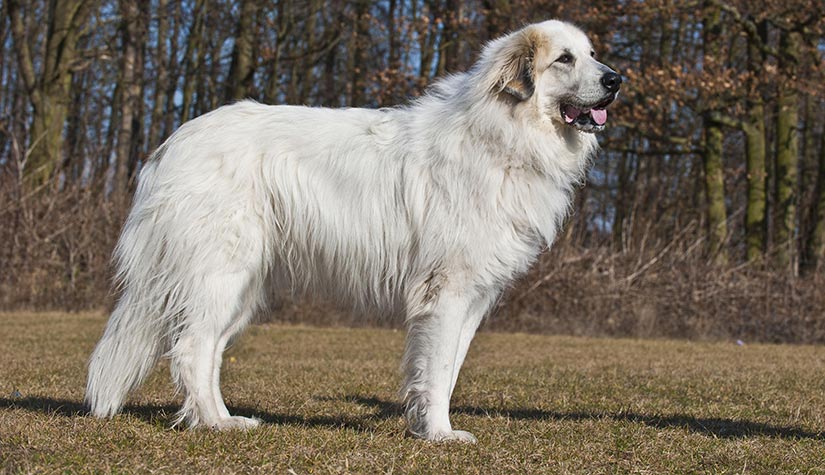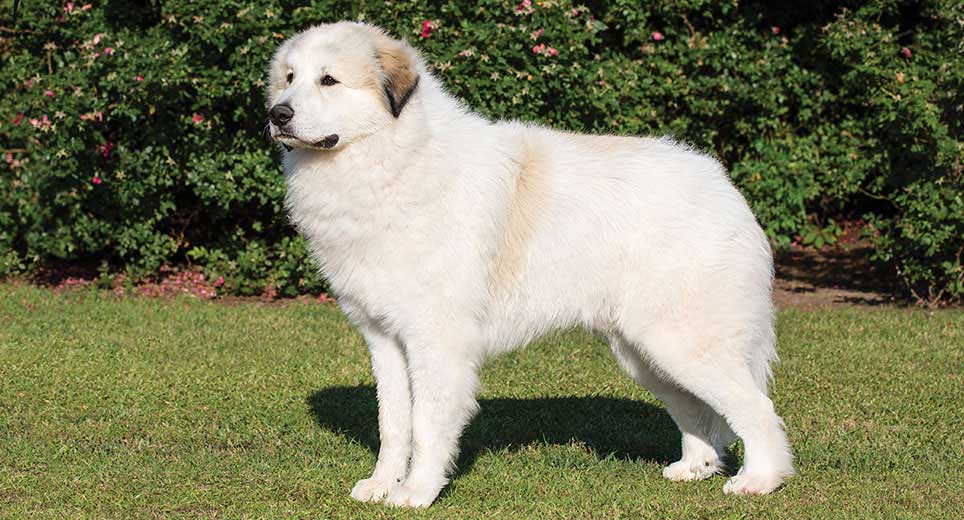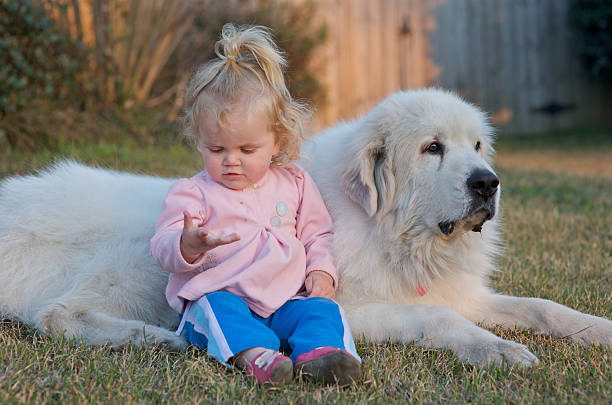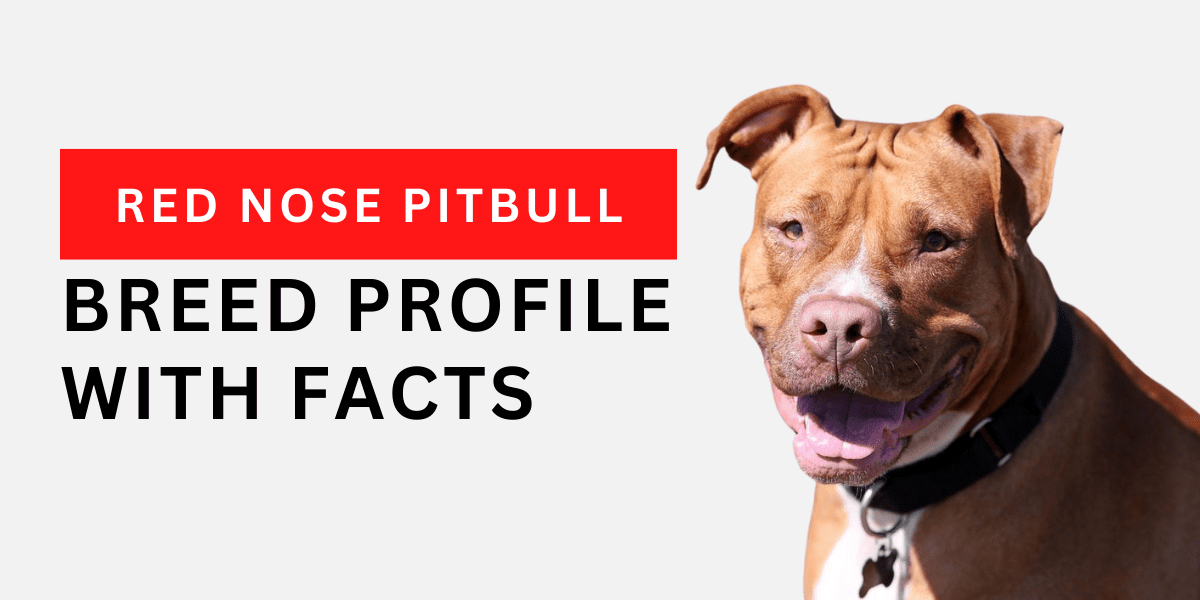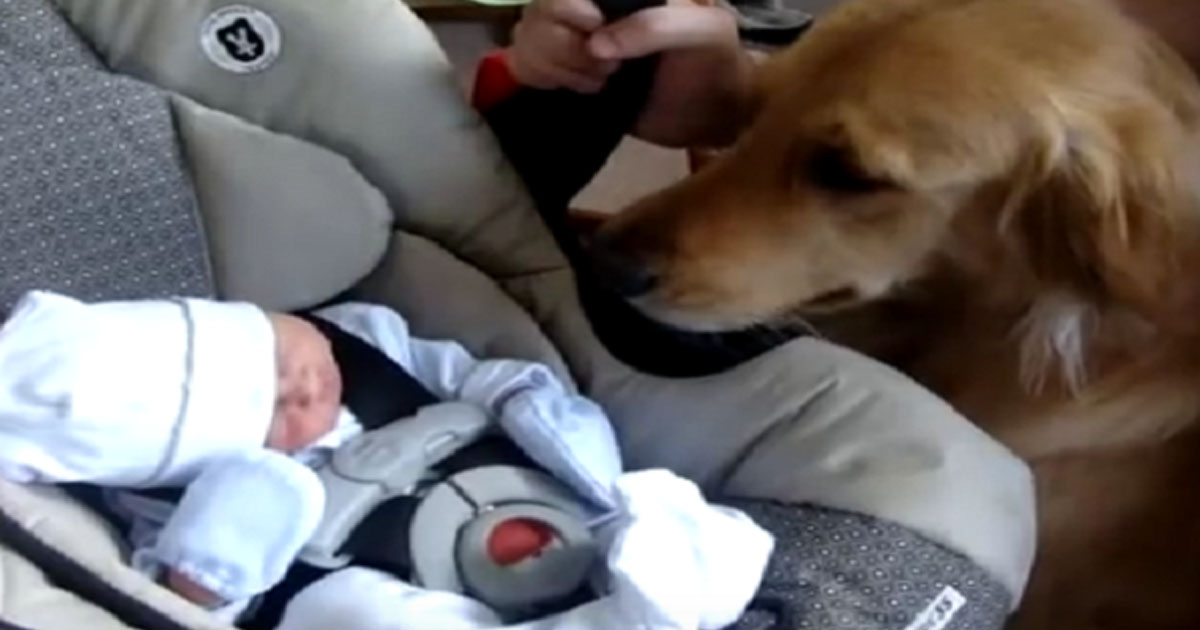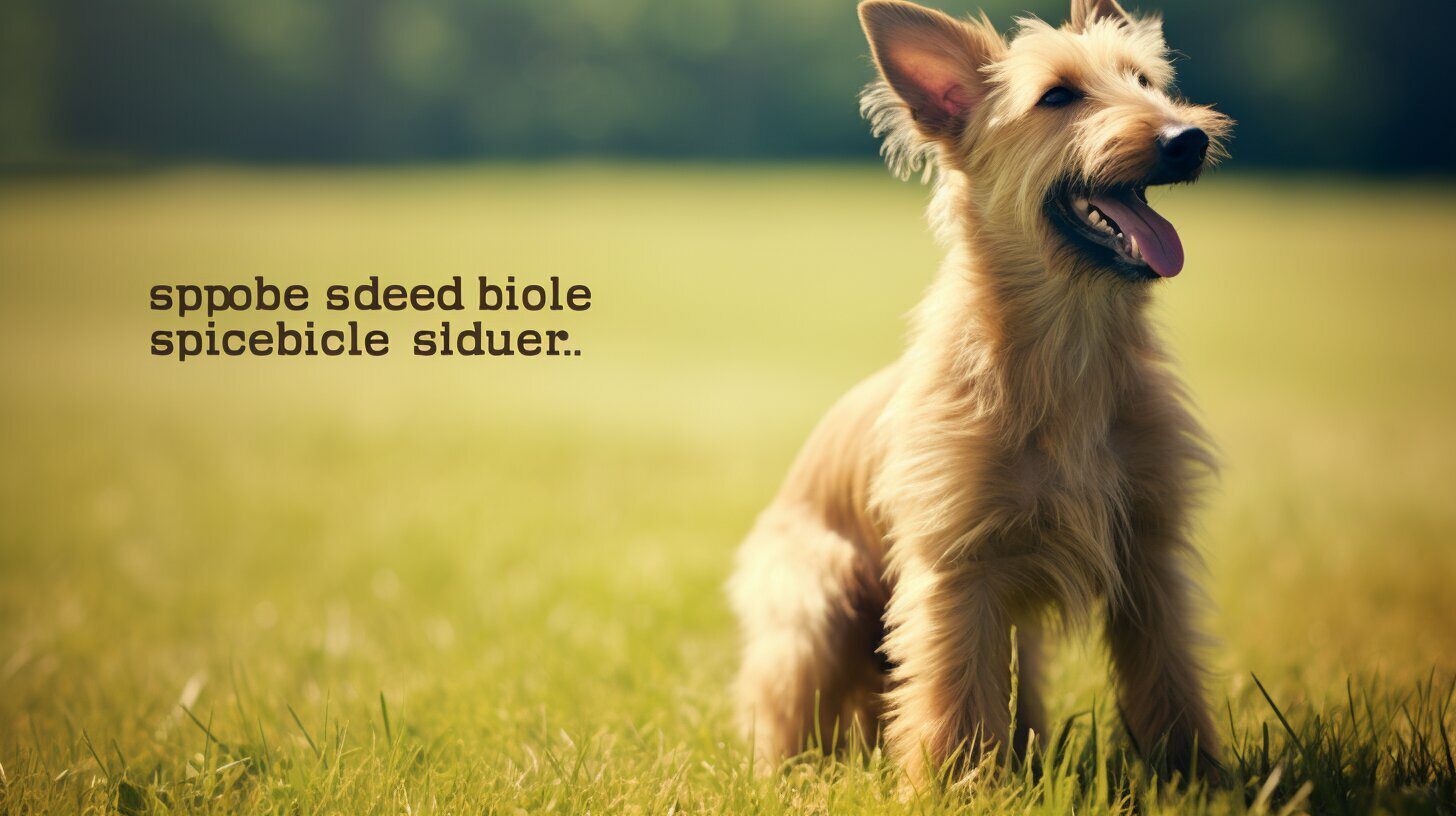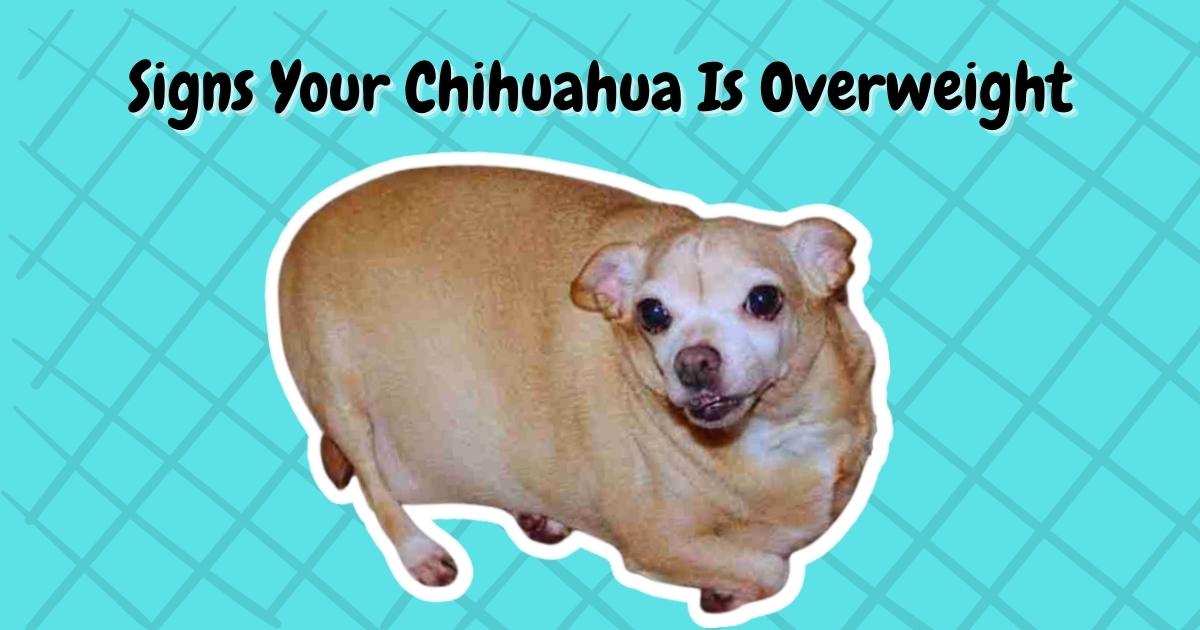Do you have a Great Pyrenees? If so, you know Great Pyrenees’ behavior problems can sometimes be a handful. Every dog has its quirky personality quirks, but when those quirks become problematic behavior issues, it can be a real headache for pet parents. If you’re struggling with your Great Pyrenees behavior problems, don’t worry – you’re not alone! Unfortunately, this breed is notorious for having a few destructive behaviors.
This blog post will cover the most common Great Pyrenees behavior problems and offer some solutions to help get this huge dog back on track. Behavior problems can be frustrating, but they’re fixable – so don’t give up on your furry friend yet.
Key Take Away and Questions people ask often:
How can you effectively discipline a Great Pyrenees?
Answer: When disciplining a Great Pyrenees, focusing on positive reinforcement and consistency rather than harsh punishment is important. Use rewards, clear commands, and consistent training to guide their behavior and reinforce positive actions.
What are the drawbacks or disadvantages of owning a Great Pyrenees?
Answer: One downside of owning a Great Pyrenees is their tendency to be independent thinkers, making training more challenging. Additionally, their large size and heavy shedding can require extra care and maintenance, and they may not be suitable for small living spaces.
Why does a Great Pyrenees growl at its owner?
Answer: Great Pyrenees may growl as a form of communication to express discomfort, protectiveness, or fear. It’s important to assess the context and body language associated with the growling to understand the underlying cause and address any potential concerns or triggers.
Can Great Pyrenees display aggressive behavior?
Answer: While Great Pyrenees are generally known for their calm and gentle nature, any dog has the potential to display aggression if not properly socialized, or trained, or if they feel threatened. Early socialization, positive reinforcement training, and responsible ownership can help prevent aggressive behavior.
Do Great Pyrenees tend to form strong bonds with one person?
Answer: Yes, Great Pyrenees are known for their strong loyalty and bond with their family. While they can be affectionate and protective of all family members, it’s not uncommon for them to develop a particularly close bond with one individual.
Is it possible to let a Great Pyrenees off leash?
Answer: Letting a Great Pyrenees off leash in unfenced or unsecured areas is generally not recommended. Their strong instinct to roam and guard and their tendency to wander can make it challenging to reliably recall them. Proper training, secure enclosures, and controlled environments are essential for their safety.
How can I prevent my Great Pyrenees from pulling on the leash?
Answer: To address leash pulling in Great Pyrenees, consistent leash training using positive reinforcement techniques such as reward-based training and loose-leash walking methods can be effective. A properly fitted harness can also help manage their strength and minimize pulling.
Are Great Pyrenees difficult to train?
Answer: Great Pyrenees can be independent and strong-willed, making training a bit more challenging than some other breeds. However, with patient and consistent training methods, positive reinforcement, and early socialization, they can learn and respond well to commands and expectations.
Are the Great Pyrenees dangerous?
Great Pyrenees dogs are not dangerous at all. They are very affectionate dogs who were initially bred to handle livestock and see their owners as a part of this family too! These giant shepherds will bark if something changes in the environment around them anytime – but training can help you learn how best to manage these behaviors early on so that later life isn’t quite such an issue anymore.
Barking may seem intimidating or scary when viewed from another perspective; however, it’s just guarding type vocalizations that have been engrained inside each breeder’s genetic makeup due to the need for protection against unknown threats.
Great Pyrenees dogs should be subjected to socialization with other dogs and humans in their puppyhood to make them comfortable around them. If this is not done, it may make them suspicious of other beings and view them as intruders, making them dangerous. The Great Pyrenees breed is not harmful, but improper training and negligence towards these gentle creatures can turn them into aggressive adults. It may be more challenging to cope with this problem in Great Pyrenees dogs than with other breeds.
If a Great Pyrenees dog feels threatened, it will bark loudly and aggressively toward strangers. However, suppose their human companion has an emotional bond with the pet. In that case, likely, this giant breed wouldn’t attack but is somewhat intimidated by loud noises like barking or screeching, which may be meant to keep visitors away from its territory (or house). The Great Pyrenees is a friendly and gentle breed, but they’re not the best choice for kids. They can be too loving with their family members from when they were puppies or even just in recent memory; however, this may change once an unfamiliar kid comes around. Then there will only be so much cuddling before these dogs start getting tired, which could lead to injury if one isn’t careful enough.
Do Great Pyrenees dogs get aggressive with age?
The Great Pyrenees are a great breed of dog, but they can be aloof and suspicious. As the pet ages, its personality will change to where it prefers using size rather than attack if Qiaohu doesn’t get along well enough with strangers or other animals in its environment; this is natural for highly protective animals like themselves. The typical great Pyrenees temperament is protective, but with proper training and socialization, you can fix these just like any other specific behavioral problem.
Proper obedience training ensures these instincts don’t manifest into something more serious such as barking at every little noise—which could bring down your house prices. The most important thing about owning one? Make sure you’re prepared by taking classes together when acquiring a new companion.
A dog trainer may be the best investment you could make when it comes to owning Great Pyrenees puppies. It is essential to get a great Pyrenees temperament under control from a young age so that they grow to be the fantastic dog you want in your life. Great Pyrenees owners will tell you how much they love these gentle giants. So get yours to puppy classes ASAP!
The older your dog gets, the more likely they are to show aggressiveness. This could be because as time goes on and with each year comes new problems for these creatures like injury or illness. In addition, it makes them unhappy enough to display an increased level of anger in different ways, such as barking at people passing by without warning. Younger dogs can also become aggressive when their brain starts deteriorating- this usually happens around three years old, according to the American Veterinary Association’s research team, who’ve been studying cognition decline.
The Great Pyrenees are not only great guard dogs, but they can also be very devoted and loyal companions. They love to explore new places with their owners or guardians on foot; however, if you keep them cooped up for too long, this might lead to frustration, which may cause aggression in some cases. So while crate training is practical and a great way to avoid large dog breeds eating your house while you’re gone, don’t keep them in for too long. They also display separation anxiety, resulting in destructive activities like chewing to calm themselves.
To avoid being frightening or aggressive when in contact with other humans or dogs, you should socialize with your Great Pyrenees from a young age. If left on their own for long periods, they may become fearful & paranoia inducing which can lead them into an even worse state. Separation anxiety can be a problem in many dogs, so keep an eye out for the warning signs like constant barking. In rescue cases, especially having gone through neglectful backgrounds like these, unfortunate souls will need extra care so that nothing triggers previously traumatic memories while making adjustments transitionally possible.
Some breeds are more likely to be aggressive, so it’s essential that before you adopt a puppy from this breeder, they have been checked for behavioral traits. It will be rare to locate a great Pyrenees rescue unless a puppy’s parents have given this working breed up for adoption later in life. These prominent adult dogs can still make wonderful family pets, but hopefully, they have trained their entire life properly.
What could incite aggression in the Great Pyrenees?
The Great Pyrenees is a breed that has been used for centuries as a herding dog and livestock guardian. This means it’s used to a farm environment and naturally suspicious and territorial regarding strange or foreign objects, but this doesn’t mean they’re naturally aggressive!
To keep your pup from developing bad habits or an overly protective nature, you need training – just like any other animal-friendly pet would require the same care (and attention!). Guarding instinct can help keep the house safe from intruders, but you don’t want your visitors to become victims of possible behavior problems.
Independent and intelligent, they are usually leaders of the pack. If you demote them to a lesser status in your family early on, it may not sit well with this pup! To avoid any high-and-mighty behavior, just let these dogs know their place within our household so that we can keep peace throughout all aspects at home.
It is essential to socialize your new puppy or adult dog before leaving them alone for too long. This will help them adjust to people, other pets (if any), sounds, etc.! However, suppose you don’t let the animal become comfortable around different individuals early on. In that case, there could be problems in the future when introduced into strange environments- especially ones where it isn’t expecting anything outside its everyday routine, which might lead to an aggressive response as opposed to calm behavior typically seen in properly trained animals who have been exposed gradually over time rather than all at once.
Is it challenging to train Great Pyrenees?
The Great Pyrenees is a guard dog, so it naturally senses any suspicious sounds or changes in its environment. They will bark at night to warn you if they feel something happening nearby that could harm your family’s safety. A well-bred GP can also become very playful during daylight hours – usually, when playing with other dogs, its easygoing nature emerges.
The Great Pyrenees is an intelligent and independent breed of dog. They are not like other dogs who look towards their owner for guidance or approval but instead monitor everything around them to make decisions accordingly- originally bred as sheepdogs in France! This oppressive behavior can be noisy at times; however, it’s worth noting that this breed has fantastic ability with bark/voice mimicry (it can sound just like human voices).
Great Pyrenees dogs are known for their laziness! They will go to great lengths to avoid doing anything they don’t want, which means that if you try and force the issue with your pet’s commands, it may end up biting or scratching by accident.
The key to training your dog is not how you discipline them but rather the mix of sternness and understanding that they need.
What are common issues with Great Pyrenees?
One of the significant Pyrenees’ behavior problems is they can be a stubborn and uncooperative dog breed. They are often found sleeping instead of listening to their masters, making it difficult for people who want something done quickly! If you’re looking into adopting one as your new pet, then make sure that this personality trait doesn’t get in the way because patience will be needed if success with training these animals relies on it.
Giving an alpha dog the same treatment as a household pet might not always work out well. They may become more stubborn and unwilling to listen, so it’s best if you don’t make them feel equal or superior to any person in your house. Great Pyrenees owners will confirm these are some of the most independent dogs you will ever meet and make incredible working dogs.
Common Great Pyrenees Behavior Problems
The Great Pyrenees is, unfortunately, a big dog with a high failure rate regarding good behavior. There are several behaviors that these canines commonly display, and it’s important to know what they’re going through so you don’t make their lives more complicated than necessary.
You must also not stop training them just because you think they’re doing pretty well; consistent training is imperative for these large dogs throughout their lives.
Great Pyrenees dogs are a friendly and calm breed, but they can become aggressive when not adequately trained or handled. This is mainly seen around people the dog interacts with regularly as well as strangers that come into contact; it could also be due to genes passed down through generations if both parents in your family were similarly inclined towards anger issues which would make them more prone than others toward becoming surly without enough mental stimulation causes frustrated easily etc.
These dogs are pretty independent, and the chances of them ignoring you in favor of comfort is high. When they’re resting or not feeling up to working – which happens more than anyone would like- your call will go unanswered repeatedly until something better comes along (or if it’s imperative, then be patient). Be aware that they know when you leave, and separation anxiety can be a huge issue for these gentle giants. They can become destructive, so if you don’t want your whole home eaten in large chunks at a time, invest in an appropriately sized dog crate for their comfort (and your sanity).
They also don’t enjoy walking too much, so 15-20 minutes can quickly wear thin; after that point, there may be no energy left for playtime! The best way to get through this phase? Try giving these pups some pillows from home trees instead.
Intelligence is one of the most common attributes found in Great Pyrenees dogs, but it also has drawbacks. They’re intelligent enough to know what they want and need on their terms; this can lead them astray when dealing with humans who try ordering around an unruly pup or animal as stubbornly independent-minded as themselves.
The best way to deal with this is by being patient and trying to assert your dominance to make them listen; otherwise, it may lead you into agitation or, even worse – hostility. Positive reinforcement will help keep their temperament from going awry as they can pick up on negative tones, which might cause hatred! Consultation from a specialized trainer is recommended when dealing with these dogs.
Giving your dog a safe space to run around in is essential, but it can also be dangerous if they’re not monitored closely. For exercise and fun outdoor time that doesn’t involve the risk of injury or death from running away-fenced yard segments are perfect.
These dogs are very suspicious of strangers and unfamiliar objects. They prefer to stay indoors, where they can protect their territory from other dogs or go for walks with owners on occasion; however, this behavior may be combated by socializing them at an early age so that when it comes time as an adult, you don’t have any problems dealing with the protective side of things! Keep your pup away from curious children who could set him off due to too much anxiety–you’ll both thank yourself later.
If you want to keep your home safe from destructive chewing, provide suitable chew toys and treats for these dogs. Be aware that they have very busy jaws. Make sure their teeth stay healthy by giving them something durable like rawhide chews or bone-shaped confectioneries made out of hard rubber, which are suitable substances rather than delicate pieces because the puppy can vary when it comes time to maturity. Chew toys may keep your dog entertained, and you won’t see that typical great Pyrenees’ aggressive nature come out when they’re busy.
If you want a dog that will never be destructive, consider its chewing habits and boredom at night. If the animal is already aggressive or violent when it becomes an adult, there’s nothing we can do about this; however, if their hyper nature causes problems in your household (such as destroying things), try restricting feeding times so they have less energy during those hours of darkness- but always consult with someone experienced before making any significant decisions.
How do you train a Great Pyrenees?
The Great Pyrenees is a gentle and loving dog, but it requires some adult training to maintain the significant Pyrenees’ behavior problems. As stubborn dogs go through life stages in your household – from puppyhood until old age- these can be quite challenging for new owners who may not have much experience with animals or prominent canine companions like themselves! You must teach them properly from their first moments so they know what roles are expected of each person within this family unit.
These dogs are known to be stubborn and complex, so patience is critical when dealing with them. The tone of your voice should dominate if you want any chance at getting through the command. It will also be essential to train them to get along with your other dog. Though most great Pyrenees owners say they get along swimmingly with their other family members, there are always little triggers that could have bad results, especially if another dog gets too close to their dog food.
How to stop the Great Pyrenees from becoming aggressive?
Though stamping out the Great Pyrenees’ behavior problems in pups may be challenging, you can help them by providing the proper training as puppies.
To help the great Pyrenees become more socialized and share their possessions with other dogs, you must teach them what is considered fair play early on. These can include playing respectful versus wild games like tug of war or Capture The Flag; showing appreciation for an animal’s work by giving him credit when he deserves praise (or vice versa); making sure there are no favorites among friends–everyone gets equal time at everything.
Purchasing a Great Pyrenees Dog for Adoption from a Shelter or Rescue
The Great Pyrenees is a breed of dog that tends to end up in shelters due to their bad behavior stemming from improper training. These can often be antisocial, dismissive, or abuse victims, making them fearful dogs.
The pros and cons of adopting a dog from the shelter are that you know what you’re getting yourself into, but it also means being patient with them. It may take time for your new friend to adjust both in terms of habits and how much noise/activity they want out of fault – this will depend primarily on whether or not there was neglect by their previous owners before coming to the rescue.
It’s tough to change how an adopted dog lives once they have been born and raised in another environment. Some may flinch at the slightest movements and bark unnecessarily as they are reminded about their previous living situations, which can make it hard for you as a pet owner; however, with time (and maybe some love), these issues will disappear without any lasting effects on your pup.
The Great Pyrenees is a clever and independent breed of dog, which can be both good and bad. They’re brilliant, but this intelligence often leads them to think for themselves in many situations if they come from an abusive background too! The tone should remain conversational no matter what because that’s how these dogs communicate best anyways-with their minds.
If you’re looking for a fantastic pet that will love and respect your every command, consider adopting one of these neglected dogs. It takes much less work than training them up the right way, but it’ll be easy once they’ve been taught their place in society.
Conclusion
Owners must be prepared to handle their Great Pyrenees’ behavior problems. While some of these issues can be resolved through obedience training, others may require the help of a professional trainer or behaviorist. By being aware of the most common issues and seeking help when needed, Pyr owners can enjoy a long and happy relationship with their canine companion.
Have you ever had to deal with Great Pyrenees’ behavior problems? If so, please share your story in the comments below. We would love to hear from you!

